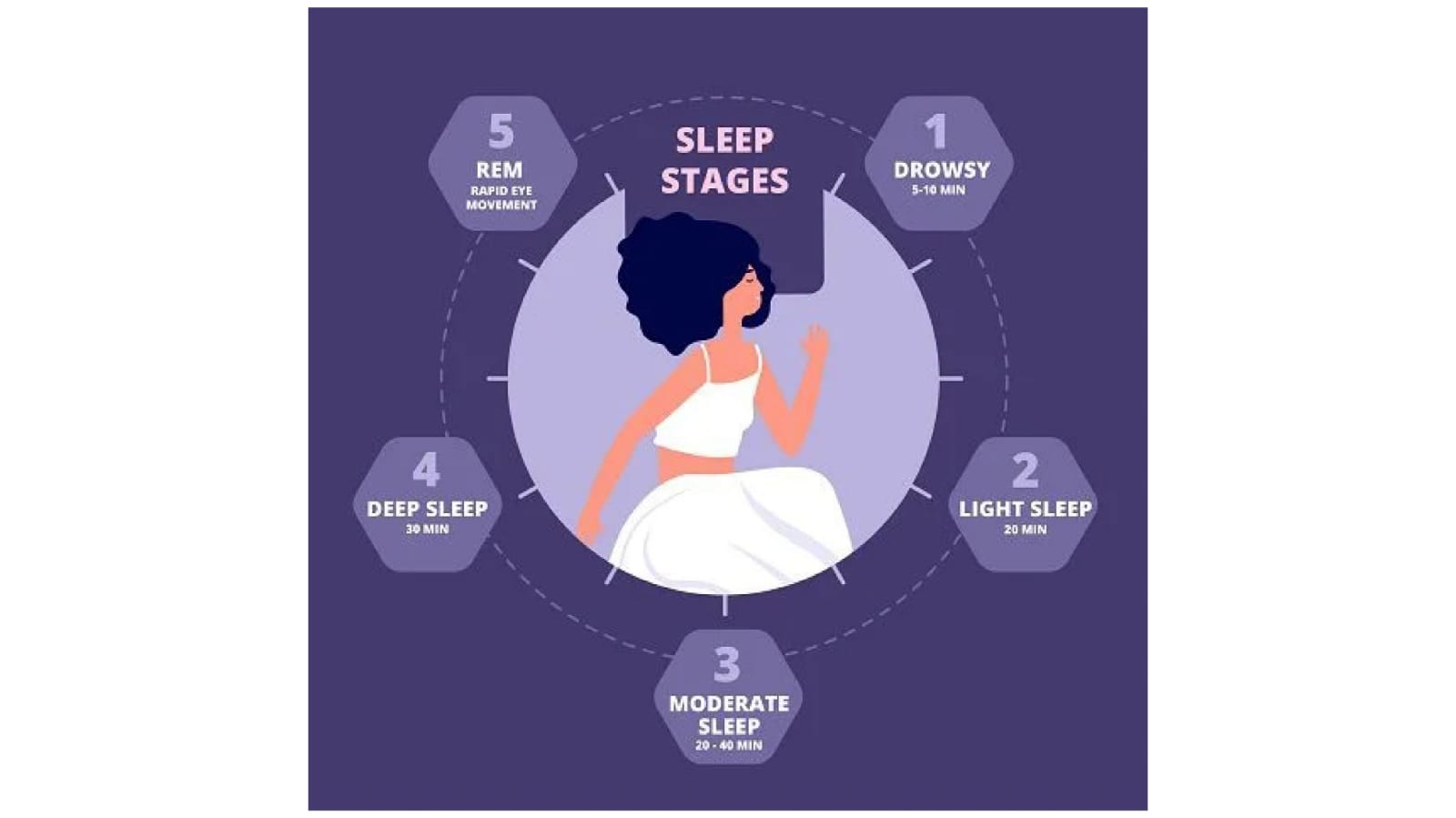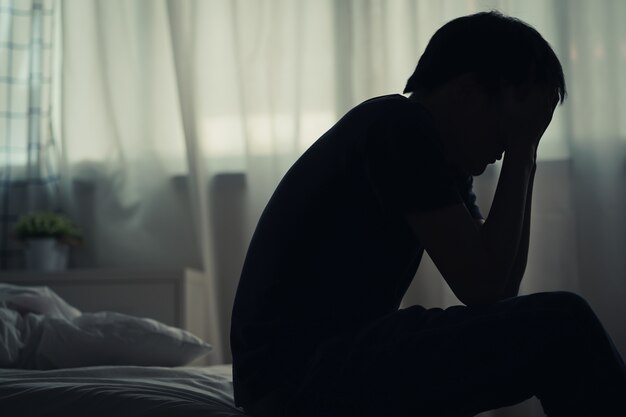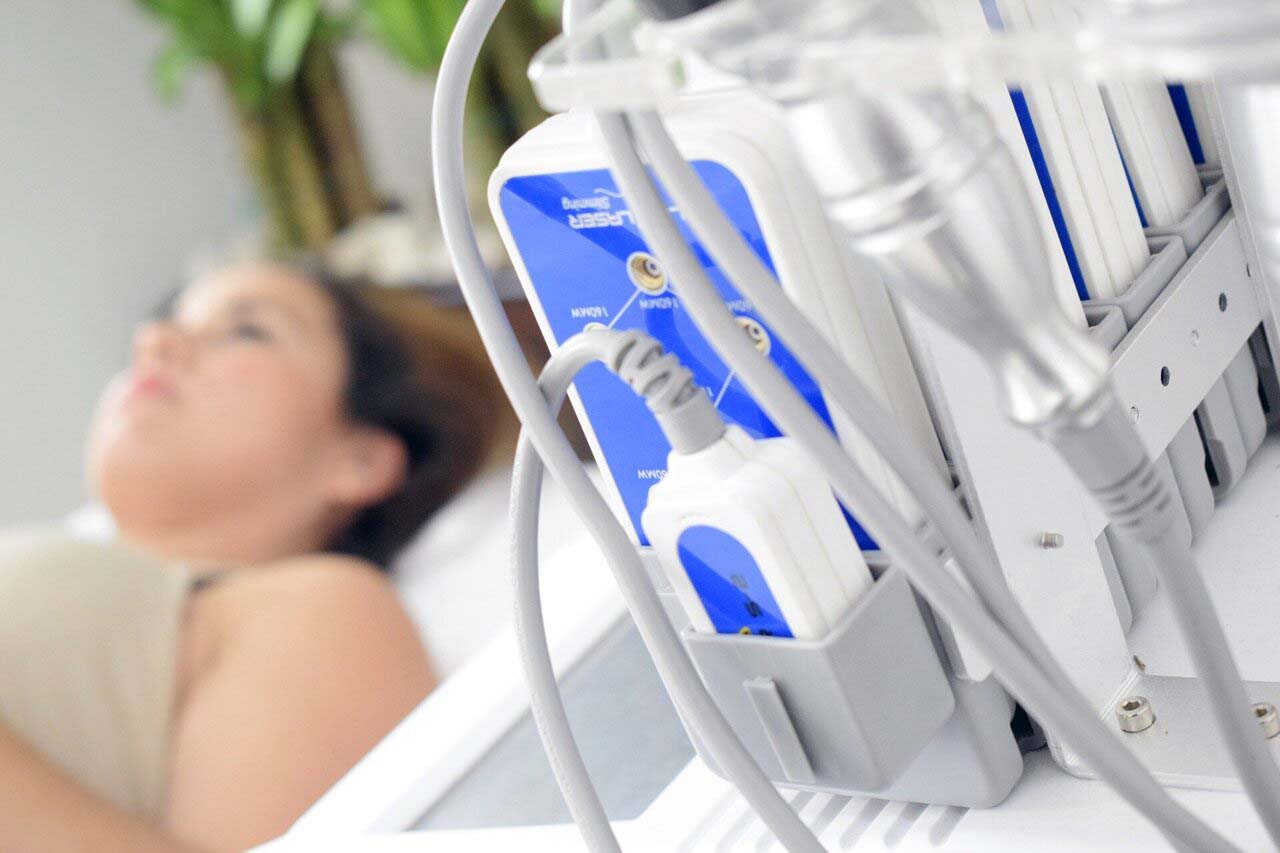Psychosocial characteristics are the effects of social factors on an individual's mental health and behavior. Childhood has a massive impact on one's personality, behaviour, and mental health. Psychosocial health consists of four components: mental, emotional, social, and spiritual health. Their balance help people live healthier lives.
Dysthymia, acute and post-traumatic stress, panic attacks, phobia, obsessive-compulsive, somatoform, Family problems, depression, anxiety, substance abuse, sexual abuse, and violence all are major psychosocial issues that an individual can face. Some of the ways to improve psychosocial Health are listed below
- Listening and understanding another person’s viewpoint - Just listening to another person's point of view helps in understanding them better which will improve communication
- Being cautious about the tone and way of talking to someone - The way an individual talks and the tone he/she keeps makes a difference in conveying a message
- Learning to accept criticism and focus on the current problem and situation - Everybody has an opinion of their own, and it's good to acknowledge it. But one should not let it affect them in a negative manner
- Opening up with a trustworthy person - Sharing problems with a trustworthy person will not only help in finding the solutions to them but also will seek peace simultaneously
- Regular exercising - Staying fit will boost confidence and overall health to a very large extent. So exercising regularly is a must
- Looking forward to things with a positive approach - Believing in the true power of positivity helps you to fight today's popular problems like stress. It promotes confidence and increases the level of self-esteem
- Maintaining a good diet - Nourishment from a balanced diet will boost your body’s immunity system and will keep an individual healthy
- Staying away from toxic people and a toxic environment - Toxic environments can also have an impact on individual lives outside of work, leaving them emotionally drained and experiencing lower well-being and increased conflict at home. Avoiding a toxic environment is always a win-win situation.
Health issues due to Psychosocial health negligence:
Anxiety, uneasiness, mourning, helplessness, fatigue, impairment of concentration, sleep disorders, mental and cognitive reservation, sexual dysfunction, infertility, psychological distress, and psychiatric disorders are some of the long-term psychosocial problems that psychosocial patients can experience. Dysthymia, acute and post-traumatic stress, panic attacks, phobia, obsessive-compulsive, somatoform, Family problems, depression, anxiety, substance abuse, sexual abuse, and violence are all major psychosocial issues that an individual can face
Women with depressive symptoms are more likely to report substance abuse, financial problems, sexual abuse, anxiety, and physical problems than other women.
Early detection of psychosocial problems can help the individual become socially active and will build confidence for social interactions as well. Prioritizing mental and physical health both dwells a healthy life. The earlier psychosocial health is taken care of, the better outcome can be expected from an individual's life.
(Disclaimer: The content on this site is for informational purposes only, and should not be taken as professional medical advice. Always seek the guidance of your doctor or other health professionals for any questions you may have regarding your health or a medical condition.)

 From a young age, we’re taught that eating well helps us look and feel our physical health best. But there's a huge role of mental health as well in the building of one's personality. People of any age group can suffer from psychosocial issues. Here are certain tips for improving psychosocial health.
From a young age, we’re taught that eating well helps us look and feel our physical health best. But there's a huge role of mental health as well in the building of one's personality. People of any age group can suffer from psychosocial issues. Here are certain tips for improving psychosocial health.



















.jpeg)

.jpeg)
.jpeg)

.jpeg)


.jpeg)



.jpeg)
.jpeg)
.jpeg)


.jpg)


.jpeg)
.jpeg)